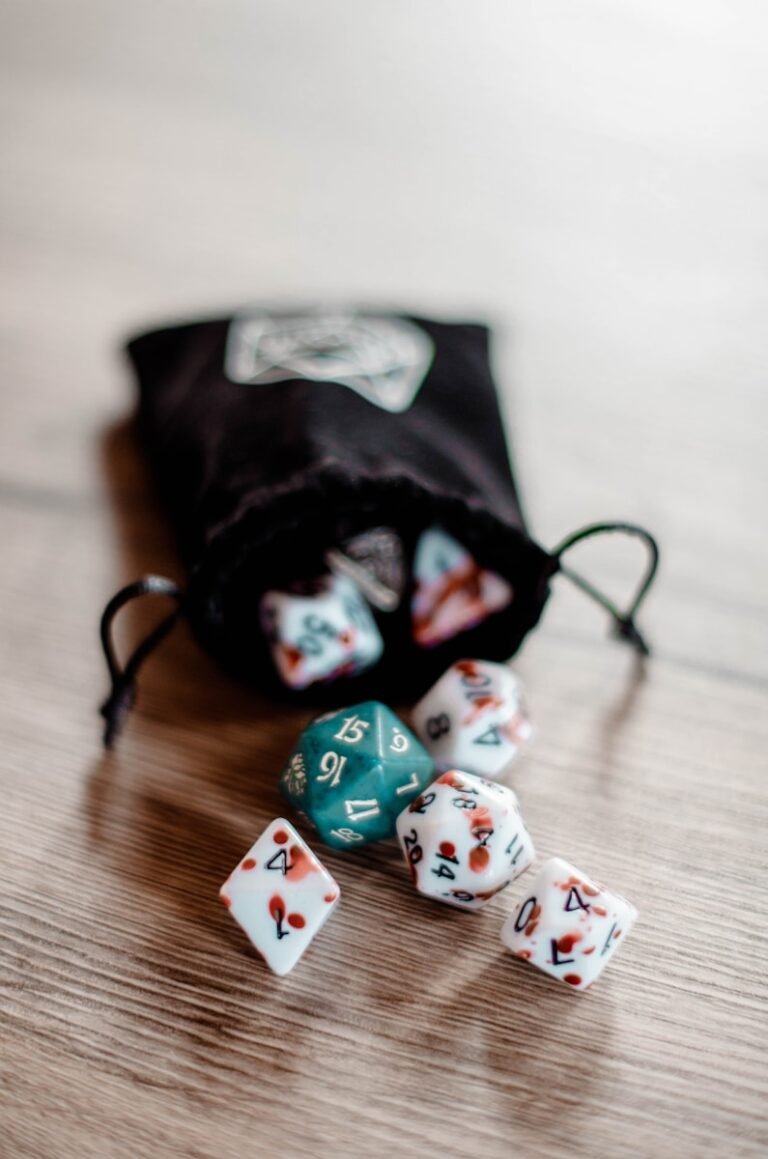No one knows what they’re doing, and that’s half the fun.
So you’ve gathered your party: a chaotic bunch of friends who have never touched a Dungeons & Dragons rulebook but are very excited to be a “half-demon mushroom wizard” or “a goblin with trust issues.”
First of all — congratulations. You’re about to enter a world of dice, dragons, bad accents, and unexpected emotional bonding.
Now let’s break it down into simple steps so you can start a DnD campaign without turning it into a spreadsheet apocalypse.
🧙♂️ 1. Pick Someone to Be the Dungeon Master (DM)
That’s the person who tells the story, controls the world, and occasionally makes everyone cry with a plot twist.
If no one volunteers, just quietly declare yourself DM and pretend you totally know what you’re doing. (You don’t. That’s okay.)
📘 2. Start With a Beginner-Friendly Adventure
Don’t create your own massive fantasy epic with five warring kingdoms and ancient lore unless you want to burn out by week two.
Try one of these:
- “Lost Mine of Phandelver” (in the official Starter Set — great for new DMs)
- “Dragon of Icespire Peak” (more flexible and sandbox-y)
- Or search for “DnD one-shot for beginners” and pick something short and fun.
You can always expand later once everyone stops calling the dice “weird cubes.”
📝 3. Use Pre-Made Character Sheets (Seriously)
Creating characters from scratch sounds fun… until someone spends 2 hours trying to decide between “bard” and “hot bard.”
Instead:
- Use pre-generated characters from the Starter Set or D&D Beyond.
- Or try D&D Beyond’s character builder — it walks you through it like a magical Buzzfeed quiz.
Let people tweak names, personalities, or give their elf rogue a tragic backstory about bread theft. That’s the good stuff.
🎲 4. Don’t Sweat the Rules (Much)
If you’re panicking about initiative orders, bonus actions, and grapple mechanics… don’t.
You only need to know:
- Roll a d20 for most things.
- Higher number = better outcome.
- The DM can make up stuff if needed. It’s literally in the rulebook.
Keep it simple and focus on fun, not perfection. If someone tries to seduce a dragon, let them roll for it.
🗺️ 5. Create a Vibe, Not a Masterpiece
You don’t need maps, miniatures, or a fog machine (though that would be epic).
Just get:
- Some snacks
- A table (physical or virtual)
- Dice (or a dice app)
- Maybe some background music if you’re feeling dramatic
Set the tone. “Silly medieval chaos” is a perfectly valid genre.
💬 6. Encourage Chaos and Creativity
Your friends will try to tame the goblins with jazz hands or steal every shiny object.
Let them.
This is where the magic happens:
- Weird ideas
- Wild plans
- Beautiful failure
The weirder it gets, the more fun you’re having.
🧃 7. Take Breaks and Keep It Casual
Try short sessions (2–3 hours max) at first.
Remind people they don’t need to memorize anything.
Have drinks and snacks. Laugh a lot.
Rule of thumb: If everyone leaves the table grinning and quoting their own dialogue, you’re doing it right.
🎉 Final Thought:
Starting a DnD campaign with a bunch of newbies isn’t about being perfect. It’s about storytelling, laughter, and occasionally yelling “NAT 20!!!” loud enough to scare the neighbors.
So grab some dice, cue the fantasy playlist, and let the nonsense begin.
May your campaigns be chaotic, your dice merciful, and your players gloriously unhinged.


One Comment